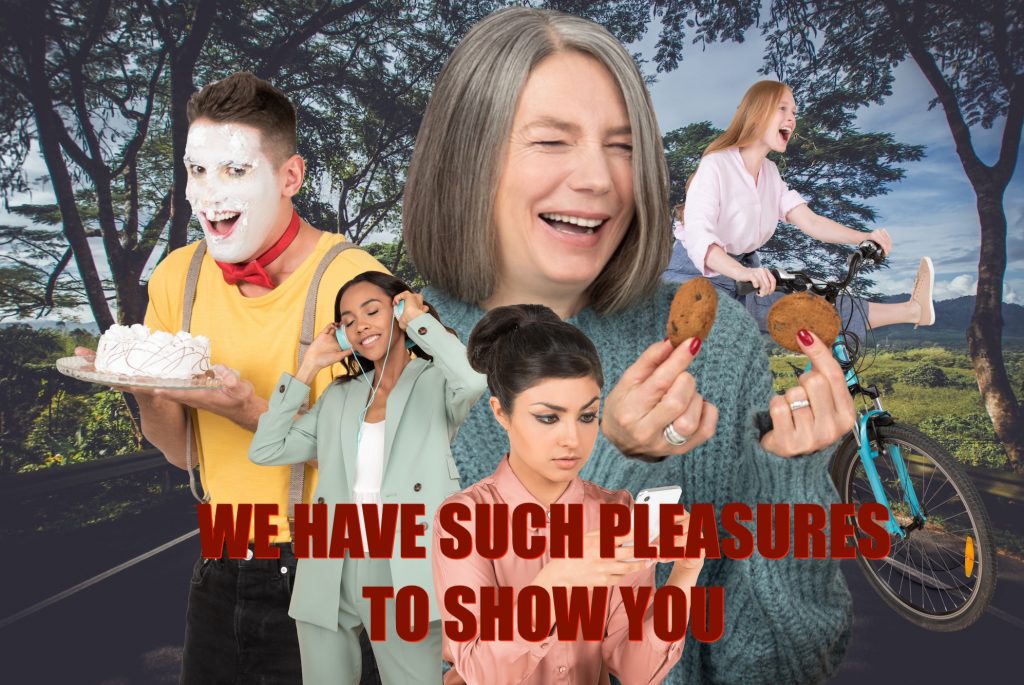Here and gone. That’s what it is to be human, I think—to be both someone and no one at once, to hold a particular identity in the world (our names, our place of origins, our family and affectional ties) and to feel that solid set of ties also capable of dissolution, slipping away, as we become moments of attention.
– Mark Doty
Atypical attention is anchored to the present moment. There is only ‘Now’ and ‘Not Now.’ This is one reason why we are generally obsessed with short-term rewards. Instant gratification. It’s part of the way our mind works that can be extremely spontaneous and fun. Without active management, however, it can be incredibly destructive as we are particularly susceptible to quick distractions. Small indulgences feel rewarding and divert our restless minds, but can become addictive behavioral loops that prevent us from maintaining a sustained effort.
Often, we tell ourselves that these little indulgences are for our mental health. “If I wasn’t playing a game right now, I’d be having a panic attack, so this is actually the only reasonable choice.” We view it as self-care.
Self-care and self-medication are important. Don’t dilute your self-care activities by overdoing them. I’m not advocating an ascetic lifestyle free of little treats. Rather, we must recalibrate our relationship with little distractions and start using them AS REWARDS rather than staples of our diet. Short-term rewards are like the snacks that quickly take the place of more nourishing meals. Too much snacking makes us feel empty and sluggish and less likely to go out and hunt bigger game.
It’s too easy for us to create justifications for little indulgences throughout the day. Instant gratifications that pull us away from our best laid plans; enticing with their immediacy.
- “I’m tired, so I’ll lie down and look at my phone.”
- “My tummy hurts, I’ll get some ice cream.”
- “I’ll have a drink to loosen up for the presentation.”
Vicious cycle
This establishes a vicious cycle where we need more and more self-care to assuage the inner distress we feel when we continue to flounder on progress toward long-term goals and rewards that would actually be fulfilling for us.
We set the bar increasingly lower; reinforcing familiar patterns which dispense instant gratification at the expense of patterns that require patience and perseverance. We learn to accept minor setbacks as critical failures quickly to jump straight to the self-care ice cream. We learn to love that ice cream despite the shame.
Feelings of reward
Atypicals do not process feelings of being rewarded as powerfully as neurotypicals. We are less powerfully gratified by the neurochemicals associated with accomplishment. The positive feelings we get from big rewards are not much different than the feelings we get from small rewards. Often, this leads us to naturally gravitate toward more frequent short-term rewards at the expense of long-term rewards. But that doesn’t mean we need to settle for small rewards.
Today’s lesson
Consciously observe your small indulgences throughout the day. Right them down. Note how much time you spend with each one. Then set healthy limits and decide how you’ll tie these indulgences to your important responsibilities as motivation to get those things done. Simply taking stock of your little distractions can give you the awareness to reassess their presence in your daily life and free up time for some of your more important, long-term passions.
Learn more treatment tactics for going forward from the ADHD GO Book.



